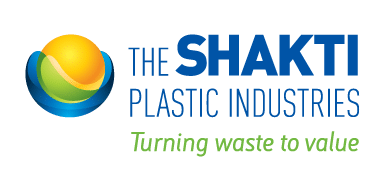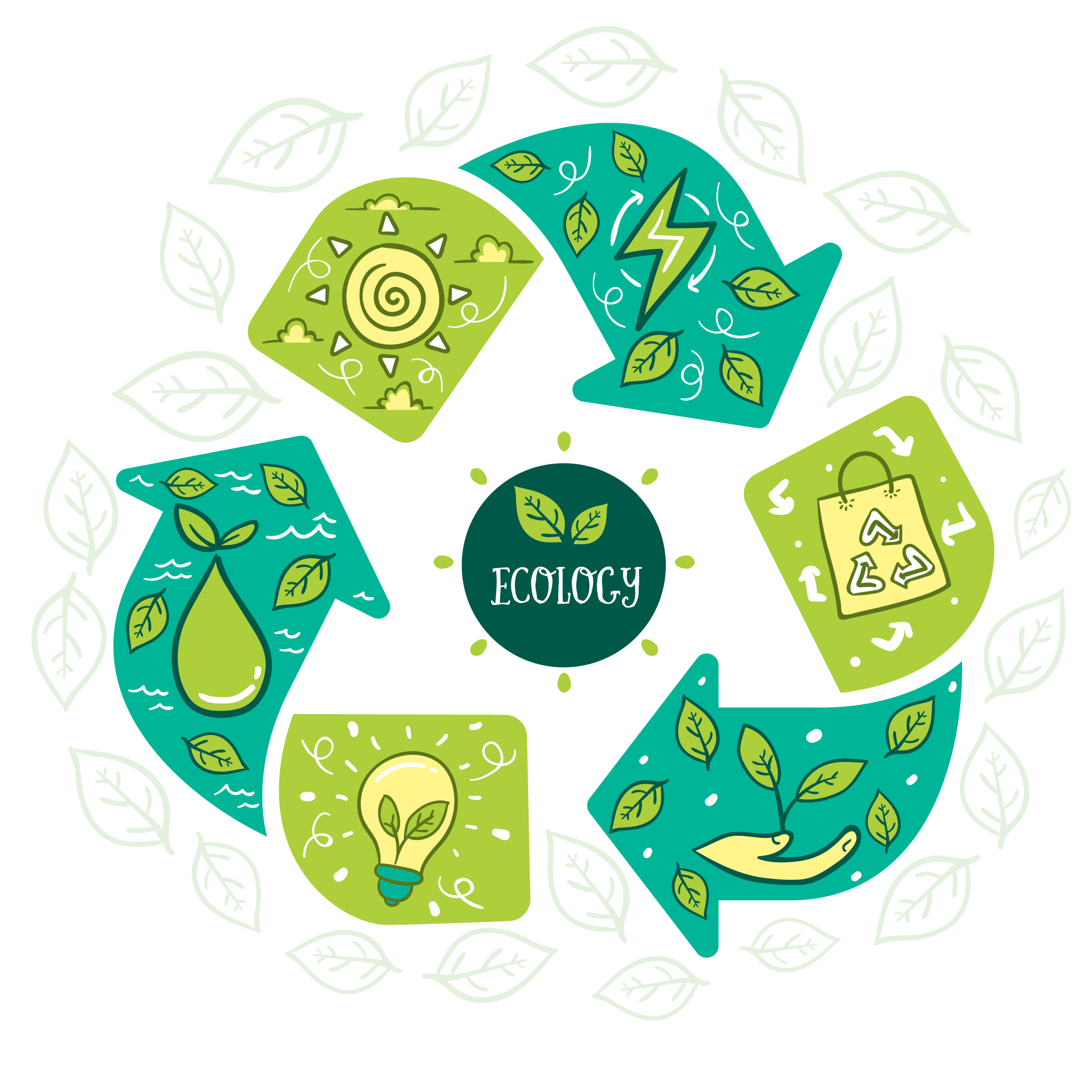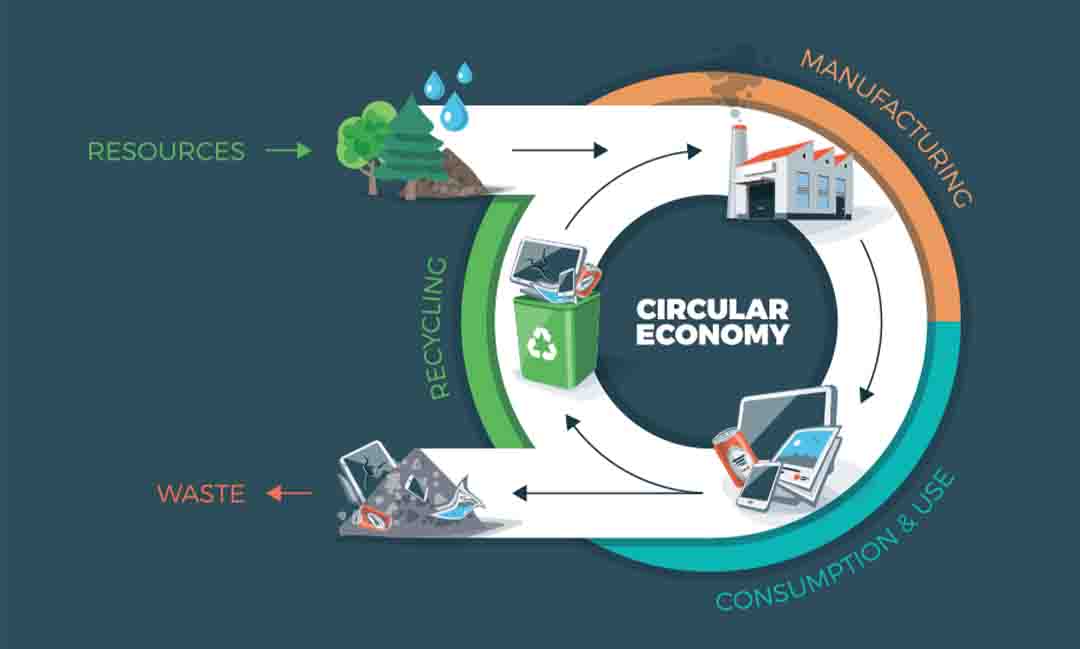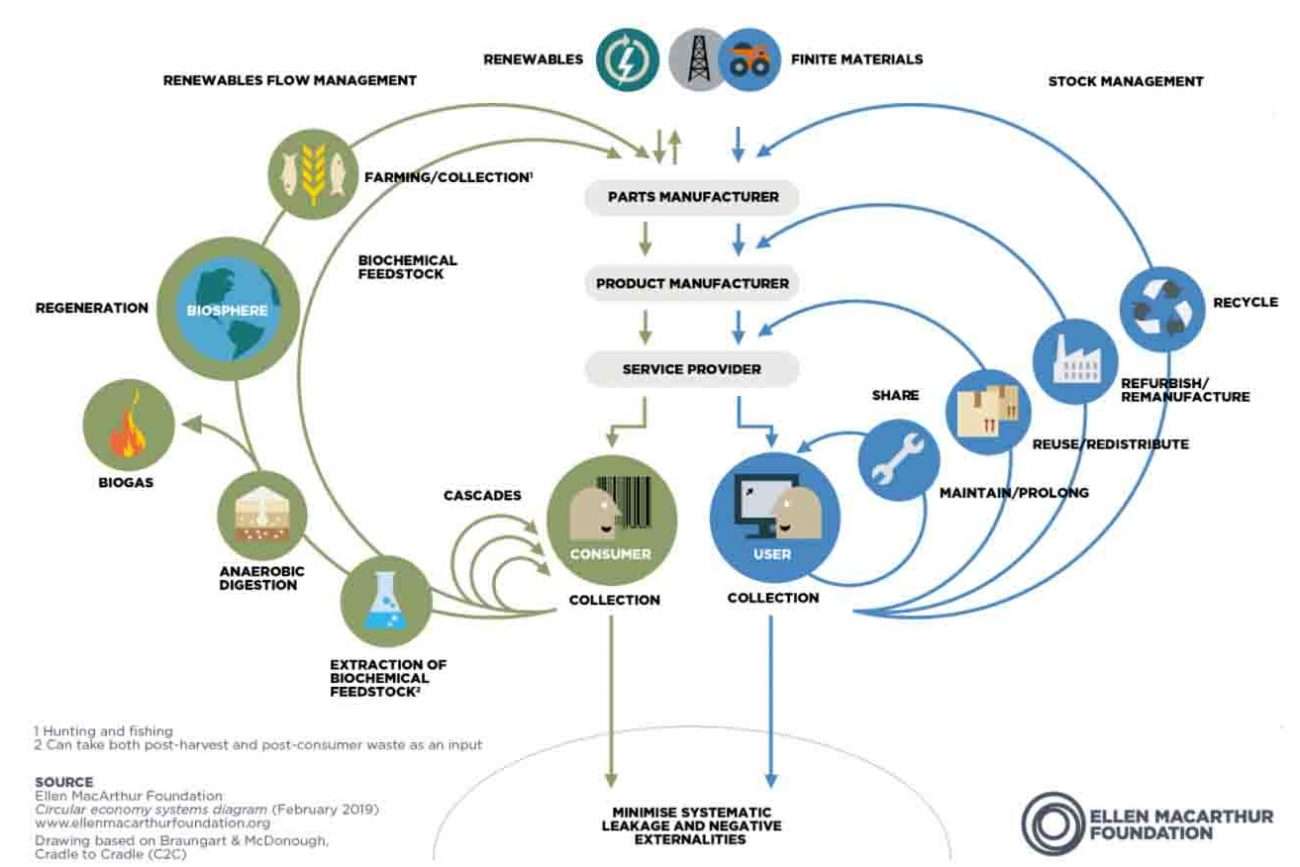What is EPR?
Extended producer responsibility (EPR), is an exercise and a policy method by which the producers take responsibility for the organization of the disposal of products they create Produce once those products are designated as not useful by consumers. Extended producer responsibility (EPR) is a mixture of environmental, economic, and social factors. Extended producer responsibility (EPR) transferences the economic liability of the value of disposal from the government to the manufacturer of the trade.
POLICIES
i. As per environmental policy, stated Producer has the responsibility, for reducing environmental impact and managing the product and their waste, are extended to across the whole life cycle of the product
ii. As per Rule 13 (1) (Management) Rules, 2016 Central pollution control board has been mandated to grant, renew, or refuse Extended producers responsibility(EPR) -Authorization to Producers
iii. Central pollution control board has made directly on the implementation of EPR which includes specific direction for Producers and other stakeholders for extended producer responsibility (EPR) Authorization, channelization, collection, storage, transportation, environmentally sound dismantling, recycling, and refurbishment.
Plastic Waste Management Rules 2016
The uniform framework for EPR delineated on background, selected definitions, and provisions of EPR in the PWM Rules which include the responsibility of Producers, Importers, and Brand Owners were stated. Different EPR models are proposed as single EPR models may not be suitable for implementation in a country like India. The Material Flow for Plastic is illustrated, addressing mainly 6 streams through which plastic waste is collected in any ULBs.
Type of models
Fee-based
This framework addresses three components: ULBS, plastic assembler /recycler, and rag pickers, IEC activity. during this model, the first responsibility of the collection/ segregation and disposal of plastic waste. plastic assembler/recycler, rag-pickers, and IEC activity should be supported for higher and effective waste management.
PRO-based model and plastic credit model
The objective is to determine a professional to steer on implementation and supply the funding required under the principles on behalf of producers/importers/BO to support plastic recycling and promote the convenience of doing business for all stakeholders. industry self-managed pro got to combat the responsibility for discharging producer’s national and state legal obligations. producers are going to be at liberty to make a decision option for establishing channels of collecting plastic credits with or without linking with pros.
Plastic credit model
A producer isn’t required to recycle their own packaging but got to make sure that the same amount of packaging waste has been recovered/recycled to satisfy their obligation. producers are mandated to accumulate evidence of recycling or recovery from properly accredited processors*/exporters. producers and processors/ exporters may exchange plastic credits for a financial transaction at a price and other terms as negotiated between them.
Guiding principles for uniform EPR Framework
A single national registry for the registration of all stakeholders, ownership of the portals, and digital exchange should rest with the government to make sure the protection and confidentiality of members’ data.
The program shall promote the inclusion of waste pickers, EPR obligation for MLP shall be above the traditional recyclable plastic, ULBs/Municipal Corporations bear the first responsibility for door to door collection of segregated waste, Manufacturers and PIBOs will procure a digital certificate from the professional
SOP for Registration of PIBOs Under Plastic Waste Management Rules 2016 (as amended)
Recently, CPCB has published SOP for registration of producers, importers & brand-owners (PIBOs) under plastic waste management rules 2016 (as amended), with necessary updates. This sop provides various alternatives for fulfilling EPR obligation by PIBOs also as documents the procedure for obtaining the registration to facilitate the straightforward filling of application and progress reports by the PIBOs also on ensuring effective implementation of the EPR plan.
Key Highlights:
i. EPR Target to be adequate to the sort & Quantum of plastic introduced by PIBOs in respective State/s. Limitation on the amount of WMAs/PIBO engaged with PWPF by the processing capacity of PWMF as per Registration.
ii. PWPF should be registered with SPCB/PCC under PWM Rule 13(3).
iii. Provision of online application of registration on CPCB portal and Application fee shall be paid by PIBOs.
iv. Nomination of a State/UT level Nodal Agency/Department to administrate the affairs of Urban
v. Local Bodies in the state/UT.
vi. Submission of Half-Yearly Progress Reports by PIBO & Nodal agency to SPCB/PCC.
vii.Third-party audit by CPCB for verification of documents submitted by the PIBOs.
Overview of the SOP for Registration of PIBOs
Under PWM Rules 2016 (as amended)
Standard operating procedure (SOP) for registration of producers, importers & brand owners (PIBOs) under plastic waste management (PWM) rules, 2016
PMW rules, extended producers responsibility (EPR) for management of plastic waste packaging is entrusted with the Pibos who introduce the products within the market. They’re required to determine a system for the management of plastic waste generated thanks to their products by engaging with local bodies.
The Pibos has three alternatives as per annexure I for implementation of the EPR plan:
I.PWM through own distribution channel
II.PWM through direct engagement with the urban local bodies (ULBs)
III.PWM through engagement with waste management agency (WMA), which in turn should engage with ULBs
Responsibility of SPCB/PCC
Monitor implementation of EPR action plan of PIBOs at state / UT level to make sure its effective implementation.
Compile PIBO wise activities operating within the state/UT as per their EPR action plan and share it within the property right.
Assess the knowledge on EPR activities of PIBOs/ WMA provided by the state nodal agency vis-a-vis their EPR plan and communicate deficiencies, if any, to the PIBO
Validate information provided by state nodal agency and PIBO and submit the same to CPCB
Role of the (PIBOs)
As per the provisions of the PWM Rules the PIBOs need to compute modalities for waste collection system supported Extended Producers Responsibility (EPR). EPR means the responsibility of a producer (includes Brand-owners/Importers) for the environmentally sound management of the merchandise until the top of its life
Plastic Waste management through Own Distribution channels/ Urban Local Bodies(ULBs)/- Through Agency
i. Waste Collection: Collection through own channels and networks or via a partnership with ULBs /Agencies
ii. Waste Quantity: Waste quantity should be identical to the projected quantity of plastic waste generated.
iii. Waste Recycling: Collector should have direct contact with the waste recycler to ensure all waste collected is sent for recycling. The PIBOs can send the plastic waste for co-processing in cement mills. Roadmaking or any other waste processing facility, the documentary proof of which has to be submitted to CPCB.
iv. Coverage: The area in which the products are sold to ensure collection of plastic waste preferably in the Pan-India coverage, states/UT covered by their distribution channel. Also, to ensure that cities of all categories are covered preferably one ULB from Tier I, II & III be engaged.
Role of (PCB) Pollution Control Board /CPCB,SPCB
Every state has its own Pollution control panel (PCB) or Pollution Control Committee (PCC) The function of PCB/PCC is to increase awareness among the people regarding sustainable development and enhance the quality of the environment with the assistance of all the stakeholders.
The State Pollution control panel works under the Supervision of CPCB (Central Pollution Control Board). The CPCB has provided all its functions and powers to the SPCB.
The SPCB is a corporation established to implement Environmental Laws and rules within the concerned state’s jurisdiction. The State pollution Prevention and control panel is constituted under the Water (Prevention and Control of Pollution) Act, 1974.
Objectives of state pollution control board
I. It ensures the prevention of natural resources.
II. Sustainable development for the economic growth of the nation along with environmental protection and social equity.
III. Works toward effective waste management for the protection of the environment.
IV. To increase customer awareness among the general public.
Impact of EPR
All EPR includes recommendations addressed to the reviewed country. Recommendations aim to guide further action to beat challenges faced by a rustic. They also aim to market the convergence of environmental policies within the ECE region as an entire.
EPR has resulted in improved policy and legal frameworks and better integration of environmental concerns into sectoral policies, stronger institutions for environmental management, improved financial resources for environmental protection and greening the economy, improved environmental monitoring and knowledge systems, strengthened public participation, and increased international cooperation governments or private companies shall facilitate investment to scale back transportation cost of the collected recyclables, enhance design for recycling, develop an industrial standard for recycled products, also as stimulate green.











